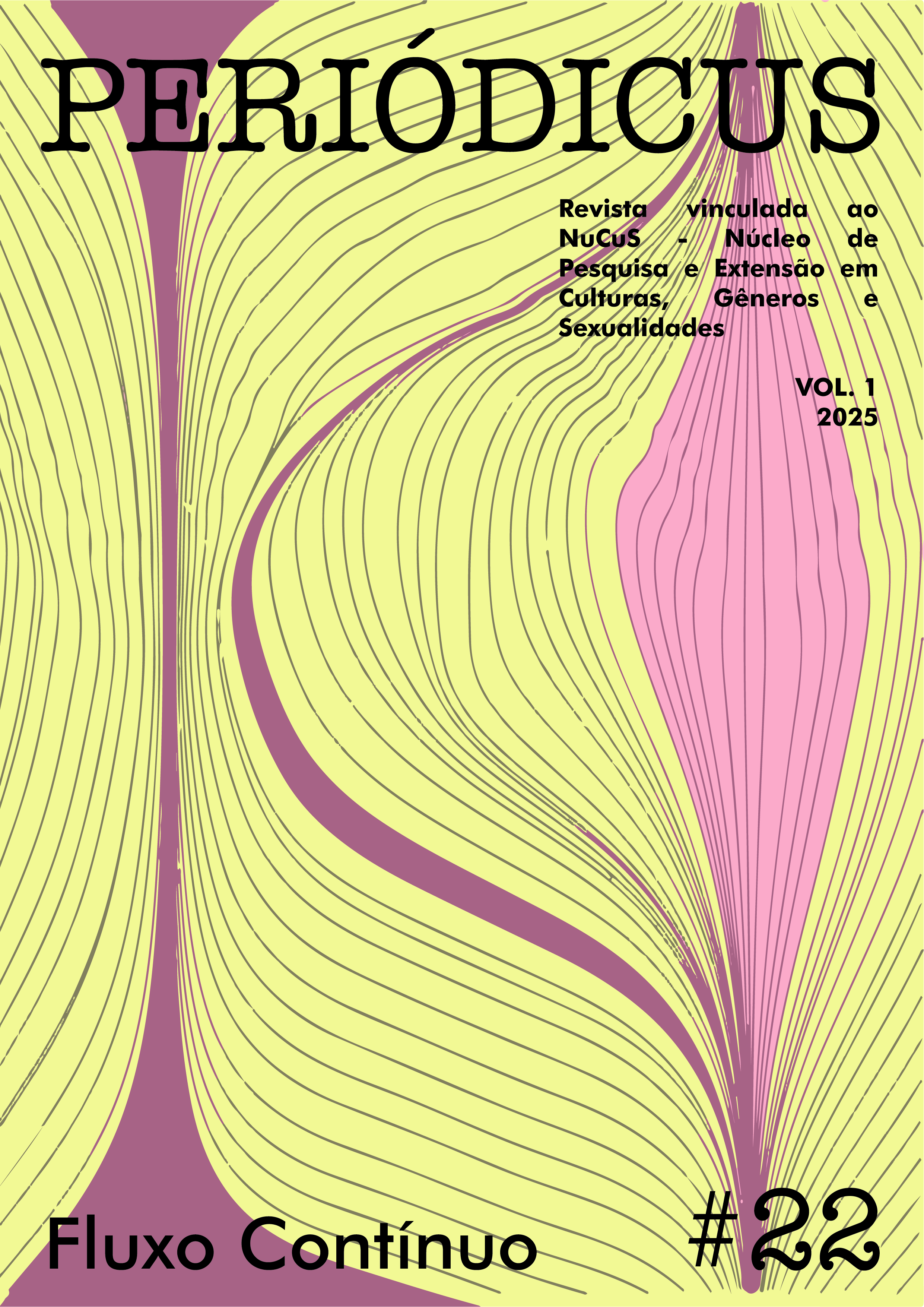Gender and coloniality as markers of/in the health actions of the transmasculine population
DOI:
https://doi.org/10.9771/peri.v1i22.64505Abstract
In debates about gender, the presence of trans men and transmasculine people has been increasingly significant, making it essential to expand knowledge about issues relating to this population. As a result, this article aims to debate how issues of gender and coloniality are markers that permeate the health actions of the transmasculine population in northeastern Brazil, discussing these processes based on the life trajectories of trans men/transmasculine people monitored through of an ethnocartographic route developed in the city of Recife (PE). The results point to the need for greater problematization of cisgenderity as a category that guides the diagnostic construction of transgenderity, correlating with the colonial matrix of power. Among the many findings of the research - which discussed the multiplicities in the constitution of being/becoming a man that cross the experiences of trans men/transmasculine people in northeastern Brazil - we highlight in this article access to health and its impacts on comprehensive care on the part of of trans men/transmasculine people.
Downloads
Downloads
Published
How to Cite
Issue
Section
License
Copyright (c) 2025 Benjamin Vanderlei dos Santos, Maria Teresa Nobre

This work is licensed under a Creative Commons Attribution-NonCommercial 4.0 International License.
Authors who publish in this journal agree to the following terms:
Authors retain copyright and grant the journal the right of first publication, with the work simultaneously licensed under a Creative Commons Attribution Noncommercial License that allows the work to be shared with acknowledgment of authorship and initial publication in this journal, but prohibits commercial use.
Authors are authorized to enter into separate additional contracts for non-exclusive distribution of the version of the work published in this journal (e.g., publishing in an institutional repository or as a book chapter), with acknowledgment of authorship and initial publication in this journal.
Authors are permitted and encouraged to publish and distribute their work online (e.g., in institutional repositories or on their personal website) at any point before or during the editorial process, as this can generate productive changes and increase the impact and citation of the published work (see The Effect of Open Access).








